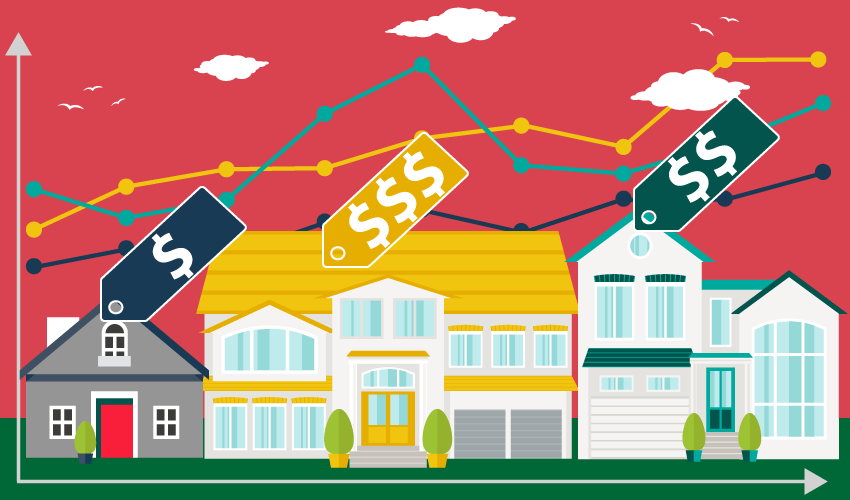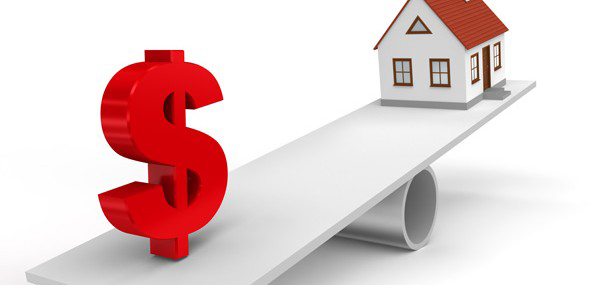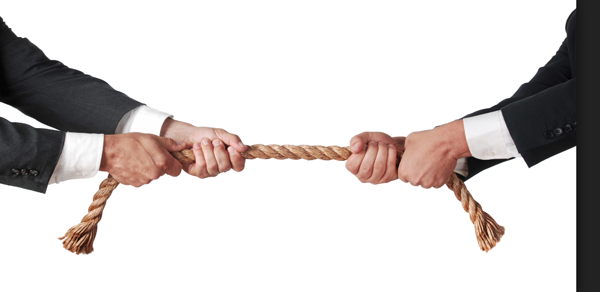How To Avoid Common Pricing Mistakes
Whenever a homeowner or investor places their property on the market, he or she is looking to maximize the value received, this is common knowledge. What isn't common knowledge are the pricing strategies involved in ensuring the maximum value is attained. One of the most critical aspects when selling a home is its listing price, so having a sound strategy is essential for sellers in order to find the right buyer for their home in order to maximize their return.
Regardless of whether the market favours buyers or sellers, it is important that sellers have a plan of action if they want to achieve the highest possible selling price for their property. In today’s age of instant data, many savvy buyers are educated and armed with an idea of the market's value based comparables and pricing.
Here are six common pricing mistakes that sellers should avoid:
1. Pricing too high from the start
The most common pricing mistake that sellers make is insisting on an price that is well over market value. Toronto Real Estate Board (TREB) statistics show that homes priced according to market value sell closer to, or above, the asking price than homes that are initially listed well above market value. These over priced listings subsequently need to be adjusted downward and often sell for far less than the initial list price.
This mistake is understandable; sellers and homeowners attach emotional value to the property in addition to any time and money they've already invested into it. Many homeowners perceive their home to be located in best in the neighbourhood and set a price that is relative to the value they subjectively perceive. However, informed buyers often do not look at property value in the same way.
Notwithstanding the craziness that occurred in the GTA marketplace throughout the the latter part of 2016 and the first three months of 2017, an inflated price tends to filter out many strong potential buyers. If comparable sales figures of other properties in the area don’t support the asking price, the sellers runs the risk of having to carry out multiple price reductions, which could have the property sitting on the market far longer than necessary. This creates a "what's wrong with the property" stigma, which no seller ever wants endure.
2. Not researching what has actually sold
List prices mean nothing if the property does not sell. The fact that your neighbour down the street listed his or her house for $1.7 million dollars is irrelevant if the market says it's worth $1.1 million.
To gauge fair market value - and to arrive at an asking price that will generate buyer interest - sellers cannot base their assessment on what other homes in their area were listed at, but rather the price they actually sold for. Any Realtor worth his or her salt will create a Comparative Market Analysis (CMA) which breaks down similar properties in your neighbouring areas which have sold over a defined period of time. The CMA should help act as a road map and give you a overview of what range your property should be priced within.
That said, there are several pricing strategies available to sellers which any good Realtor should be able to explain. To sum them up, they are as follows:
- Above fair market value: In this scenario the seller is looking for the "needle in the haystack," or the one buyer who really wants the property. In this scenario, sellers need to be prepared to have the property listed on the market for longer than normal and it should be absolutely pristine condition and staged accordingly.
- At fair market value in line with comparables: This strategy is the most common, and with the help of a competent Realtor, the appropriate list price will generate enough interest to sell relative to average days on market for your area.
- Below fair market value: the objective here is to generate significant interest so that a multiple offer scenario plays out and a potential a bidding war among interested buyers is created. The objective is obviously to secure a price well above asking. This strategy involves marketing the property to ensure sufficient interest is generated to warrant a multiple offer scenario.
Each strategy listed above requires it's own unique marketing strategy; a good Realtor will walk you through these scenarios to determine which option is best for you and your property.
3. Not considering price bands
Almost 90 per cent of today's buyers will search online for properties. As such, it is crucial to consider this when setting a listing price. Property search portals require users to enter a price range to narrow down their search options. If the asking price is $751,888 and the buyer’s price range is from $675,000 to $750,000, the home will be missed.
By listing the property at $750,000 there will be a far greater chance of capturing potential buyers in the ranges above and below the asking price.
4. Getting too creative with the price
For reasons similar to point #3, choosing a round number is prudent and far easier for all parties involved. While the home could have distinguishing features that could lead the seller to list their property at an unusual number, such as $787,254. it might divert the buyer’s attention from the property and onto to seller’s underlying intentions.
When it comes to price, stick to simple figures and leave the creativity to your Realtor's marketing.
5. Not open to negotiation
Deals die quickly if the parties involved are not open to negotiating.
There are many factors that go into any real estate transaction. Depending on the circumstances, seller could be more or less inclined to negotiate. Factors such as how quickly the sellers would like to close, how much money they require to get out of the sale, when their next property closes, what chattels are included and what fixtures are excluded, all come in to play when negotiating.
Sellers need to decide what's non-negotiable to them and what they're willing to make a few concessions on in order close the deal in a timely manner.
6. Not taking the Realtor's insights into consideration
Selecting a good Realtor will put the seller on the right path to setting the correct asking price, marketing the property to get maximum exposure and negotiating the best deal to net maximum value. A professional Realtor will base their assessment on facts and figures - while leaving the emotion to the client - thereby providing an objective, informed opinion and working as your advocate to the market.
Avoiding these common mistakes and setting the correct price from the start will ensure that it will attract the right potential buyers, which will result in the property selling for the best possible price, within the best possible timeframe.
Thanks for taking the time to read The Home Blog.
If you have any questions about market value in your area, please contact (416) 577-8011.
If you wish to receive my monthly newsletter "AROUND THE HOUSE " - which delivers targeted insight to trends in the marketplace, please drop me a line at info@adrianoaldini.com.







Post a comment